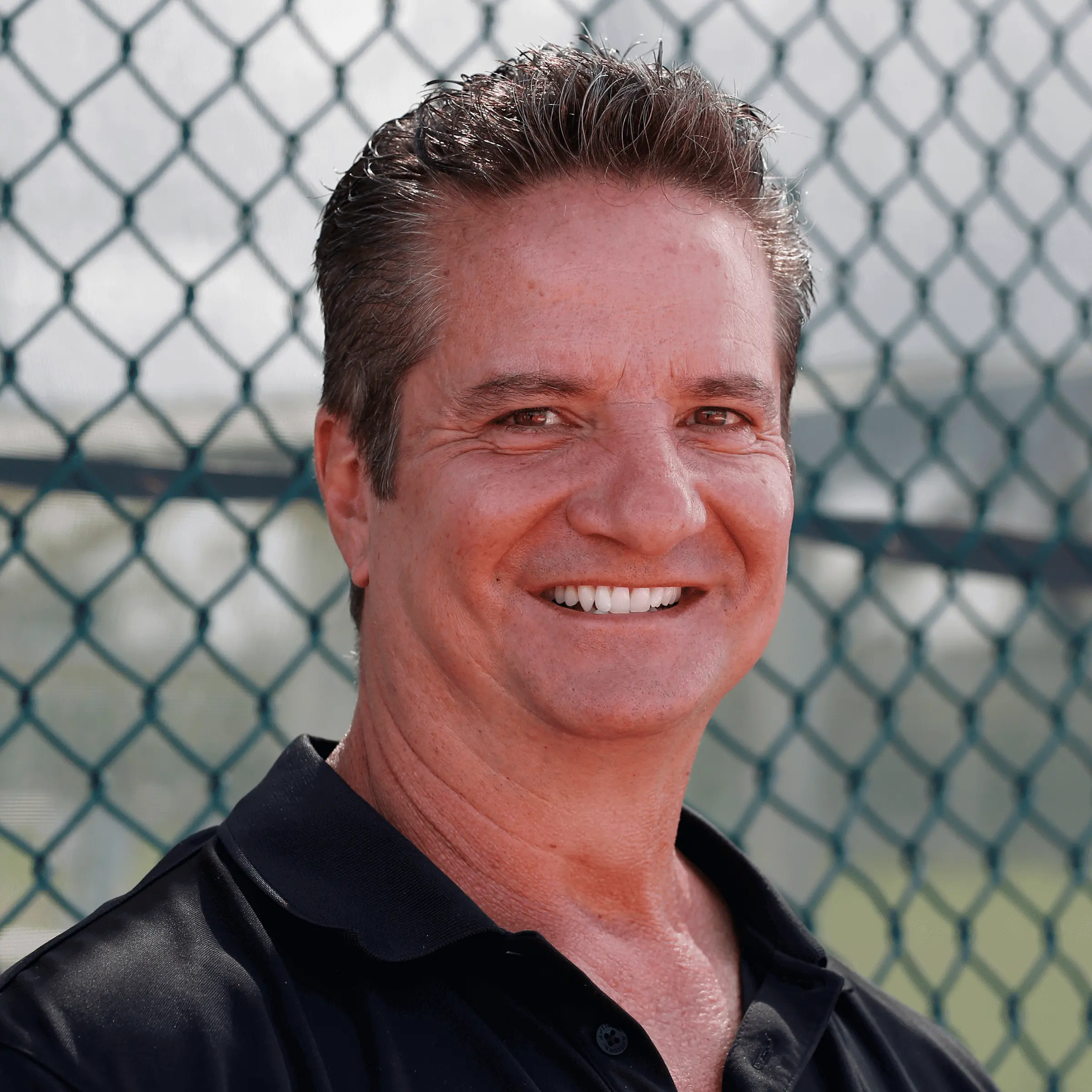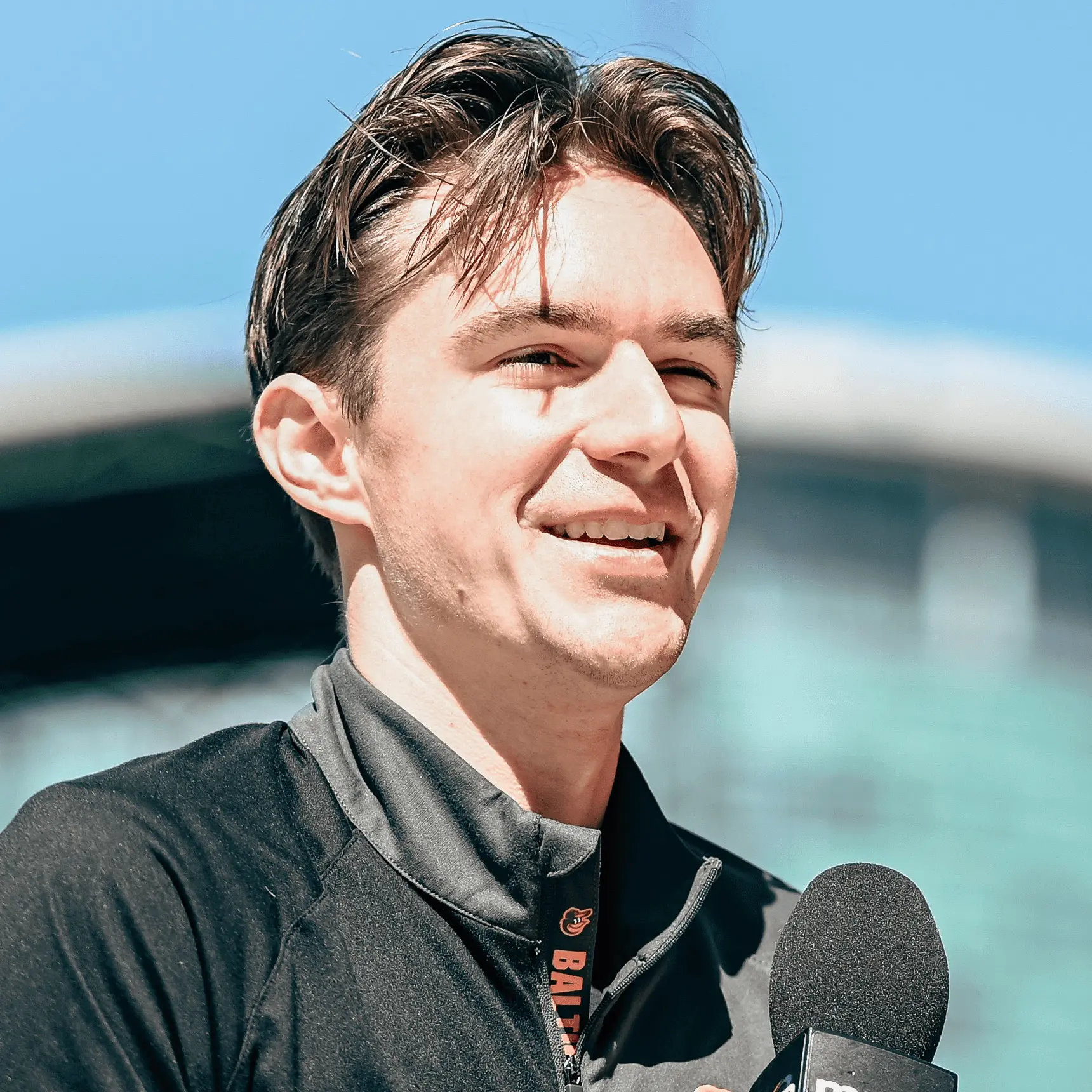mlb

Mike Elias said O’s upward path will “involve the major league payroll”
With one of the lowest payrolls in Major League Baseball, the Orioles were still able to pull off a 101-win...

Mike Elias and O’s get honored by MLB and now look to take the winning farther
Orioles executive vice president and general manager Mike Elias was the latest from the organization to pick up an award...

O’s offense was shaky late, but generally good through the 2023 season
The scores of the games will tell us that the Orioles offense had its problems late in the 2023 season....

The MLB playoffs: Drama, surprises and the LDS up next
We sure can’t say the 2022 Major League Baseball playoffs have lacked in surprises or drama. We saw three road...

Rodriguez keeps making positive strides toward return to real games
Grayson Rodriguez is confident that he’ll pitch again in September. The progress he’s making from a strained lat suggests that...

Deadline passes without new CBA (updated with Manfred quotes)
The second deadline imposed by Major League Baseball has passed without the creation of a new collective bargaining agreement. The...

A look at the MLB 16-team playoffs that start today
Pandemic playoff format brings intriguing matchups in best-of-three first round

Pandemic playoffs present new challenges
The baseball postseason starts Sept. 29, and after a bizarre season defined by the coronavirus, there will be nothing normal...

What would expanded playoffs in 2021 mean for O’s, plus other notes
Even if playoff expansion permanent, O's rebuild plan should remain in place

MLB tightens protocols following outbreaks
After a coronavirus outbreak slammed the rosters of the Miami Marlins and St. Louis Cardinals, Major League Baseball added new...

